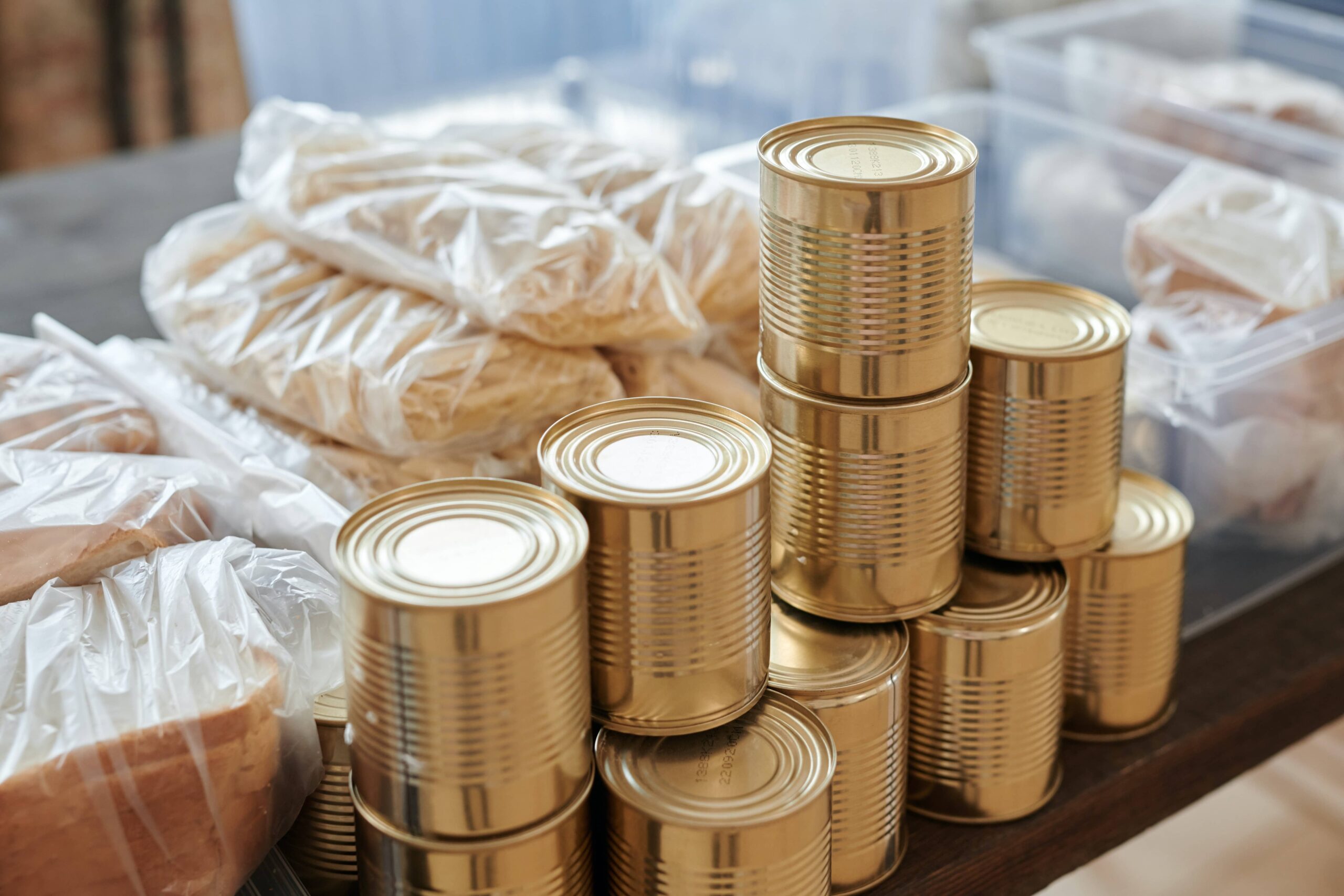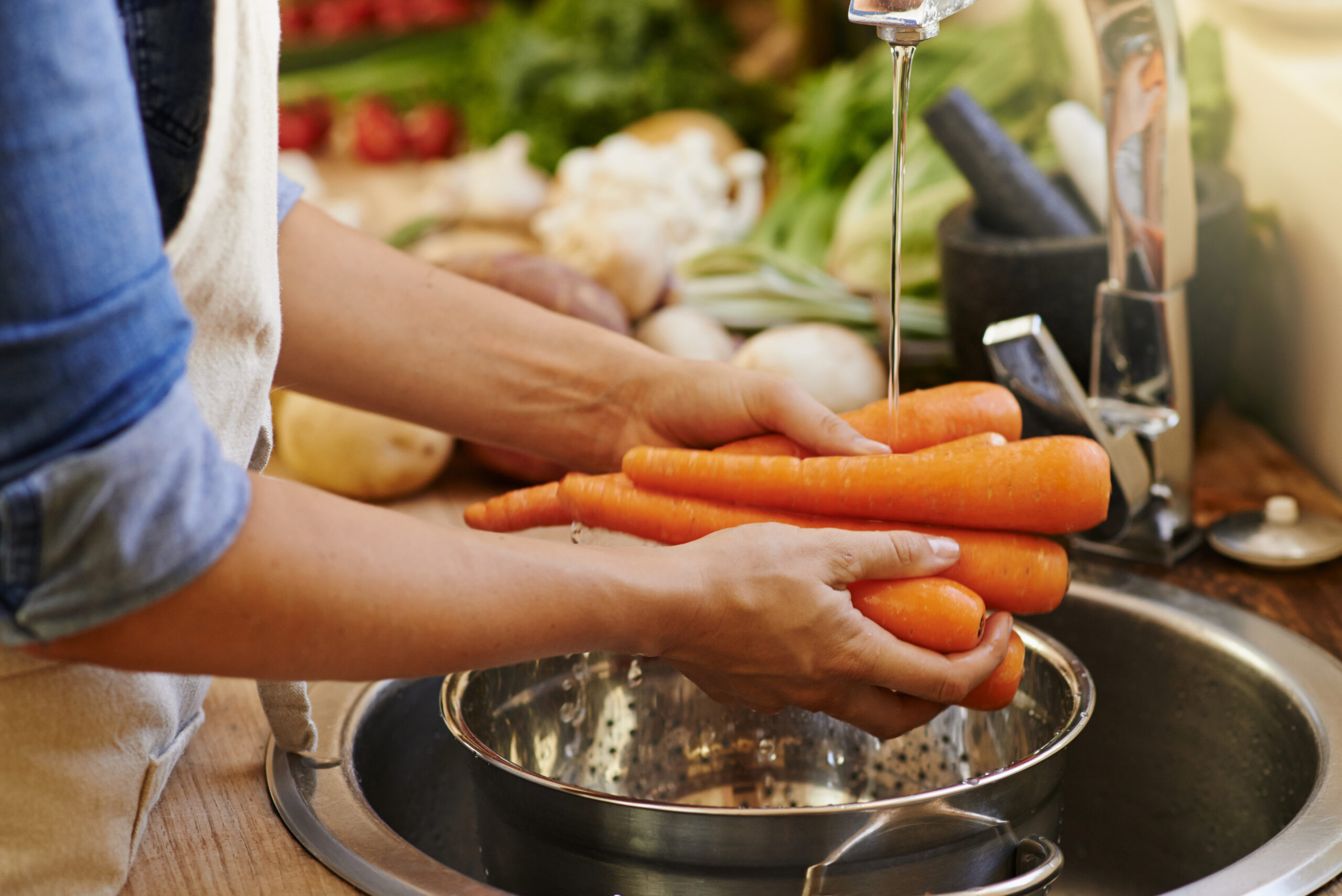People have been using the canning method since the 1800s as a way to preserve food. Moreover, demands for canned food experienced a huge spike during the pandemic where people were preparing to store food for months and even years. Until now, many people still adore canned food.
At a glance, food in a can might look safe and protected from contamination. However, having metal packaging is sometimes not enough to protect consumers from the risk of foodborne illnesses. After all, food safety practices cover more than just the packaging of the food. And that is what we’re going to discuss in this article.
Consider this as a canned food safety 101. This guideline is compiled so you and your family can enjoy the tasty canned goods while minimising the risk of illnesses or any kind of disease.
Why People Choose Canned Foods
Before delving into the guidelines, let’s talk first about why canned foods became people’s favorites.
Firstly, canned foods are easy to consume and store. The sizes are compact so you don’t have to worry about a messy fridge.
Next is the nutrient. Sadly, many people think that canned foods are less healthy than freshly cooked meals. In fact, some canned foods are more nutritious than regular meals. The clear examples are fruits and vegetables. Since they are canned almost immediately after picking, the nutrients contained in them are well preserved, whereas wholesale fruits and vegetables might have already been contaminated or lost their nutrients.
In terms of flavour, you can’t underestimate canned foods. For most canned products, the amount of additives such as sugar, salt, and saturated fat is calculated properly in order to preserve the best flavour. This mostly applies to canned foods such as tomato sauces and curries. However, it would be wise to limit your consumption of canned foods.
Choosing and Buying Canned Foods
Here are some pointers on choosing and buying canned foods:
- Do not buy jars or cans that are dented, cracked, leaking, or have bulging lids.
- Avoid dusty cans or cans with torn labels—usually, these have been sitting on the shelf for long periods of time.
- Read the label and choose canned foods that have lower sodium content with no preservatives, added MSG, or trans fat.
- Look at the “use by” or “best before” date.
Additionally, you need to know the difference between “use by” and “best before” dates. “Use by” means that the canned food should not be consumed past the written date. “Best before” indicates its food quality; it’s still safe to consume even after the written date, but the quality might have diminished.
Storing Canned Foods
Next, let’s talk about the best way to store canned foods. Even though canned foods are known for their long shelf life, there are a few guidelines you need to follow for the best food safety.
- Store canned foods in a cool and dry place.
- Do not store canned foods near a heat source like stoves or ovens, since the heat can be transferred.
- Do not store canned foods in a damp place, since it can corrode the metal and cause rust which causes leaking.
- Practice “First In First Out” (FIFO). Put the newly bought canned foods at the back of the rack and use the older canned foods first.
- Do not store opened or leftover canned foods back in the refrigerator. Transfer it to a closed-lid container first.
- When transferring canned foods with brine water to another container for refrigeration, throw away the brine water first.
Limit on Canned Foods Quality
Perhaps you’re wondering, how long can you keep canned foods before it goes bad? Though it all depends on how you store them, here are some estimations:
- Canned luncheon meat’s average shelf-life is three years.
- Canned fish, like tuna or sardines, can be stored for up to five years.
- Canned soup, pasta, or curries’ average shelf-life is around two years.
- Canned fruits, pickles, and vegetables’ average shelf life are around one year to 18 months.
However, for the best practice of food safety, it will always be ideal to refer to the “best before” or expiration date written on the can.
Identifying Spoiled Canned Foods
The best way to identify spoiled canned foods is by using your senses. Look at the can; if it’s dented, rusted, or leaking, then there’s a big chance the contents are no longer safe for consumption. Another way is to use your sense of smell. When you open the can and there’s a foul odour, it would be best to just discard it.
After discarding spoiled canned foods, thoroughly wash your hands, counters, containers and equipment including can opener, clothing and anything else that may have been in contact with the food or containers.
Remember to always practise food safety in any situation, whether you’re preparing a meal at home or at a food establishment. It’s always best to equip yourself with the proper knowledge of food safety, especially as a food handler. For instance, you can take the WSQ Food Safety Course at Skillmaster Training Centre to gain knowledge of food safety and hygiene procedures and policies, as well as maintain the cleanliness and upkeep of the premises.




